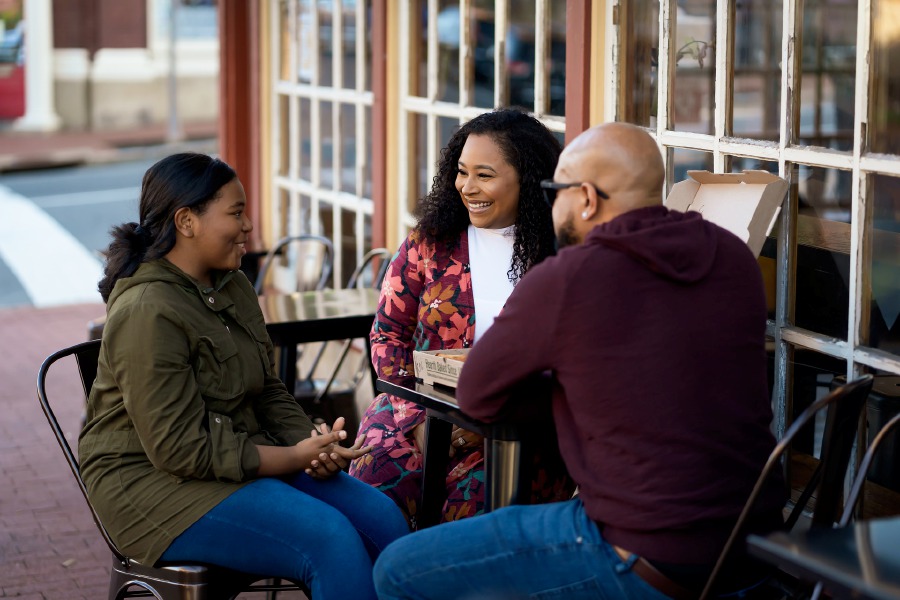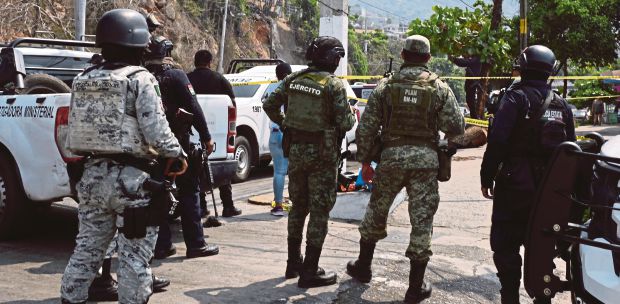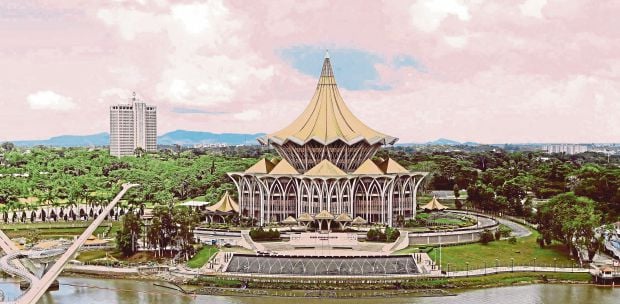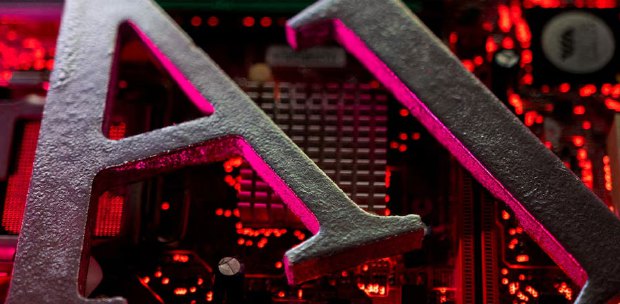Until I entered university 30 years ago, politics was rarely discussed in my house. In fact, I rarely watched the news, which was one of the main sources of information about politics. At that time I read the newspapers, but political news did not interest me.
In that sense, I would say my political socialisation took place in school where I learned about the history of the country through History; how to be a good citizen through Civics; and how the government was established and operated through General Studies when I was in Form 6.
My awareness of politics started late, around the age of 23. This awareness stemmed from my admiration for Dr Mahathir Mohamad, the prime minister at that time. His charisma and leadership greatly influenced my political views and inclination.
My daughter's political socialisation, however, started earlier, before she went to school.
With her father and I talking about politics almost every day in the car or at the dinner table, and the fact that she was beside us when we watched the news, exposed her to politics and this definitely shaped her opinions.
Now with social media, another powerful agent of political socialisation for people her age, I am sure her way of thinking about politics is different from mine and maybe she — compared with me 30 years ago — is more ready to cast her first vote.
According to Thomas Magstadt, "Political socialisation is the process where the citizens develop the values, attitudes, belief and opinion that enable them to support the political system". In other words, political socialisation is the process that makes an individual think about politics the way he or she does.
Among the main agents of political socialisation are the family, school, peers and the media. The family is the earliest and most effective agent. A family that is politically active will influence the political orientation of its children, especially in aspects such as the party supported by them, the political ideology that they hold and the level of political participation.
However, children do not always continue to support their parents' political orientation. They may support them in their teens and early adulthood. But they may change political leanings when exposed to new views.
The school does political socialisation through subjects such as Civics, History and Government. And through activities such as selecting the head of class and the assistant. When the selected students carry out these roles, the school is indirectly teaching political values such as competition and compliance with rules.
Peers also play a role in political socialisation. This is very true among teenagers and it will continue until they become young adults.
Peers explain political content. Individuals will consider these views before participating in political activities such as voting.
Another agent of political socialisation is the media. It doesn't matter which media is more dominant in our lives — newspapers, radio, television, the Internet or social media. The media influences our political views.
Everybody goes through political socialisation by family, school, peers and the media. The result of this socialisation will determine the individual's political views, political participation and finally, who he votes for.
The writer is senior fellow at the Centre for Economics and Social Studies, Institute of Islamic Understanding Malaysia





